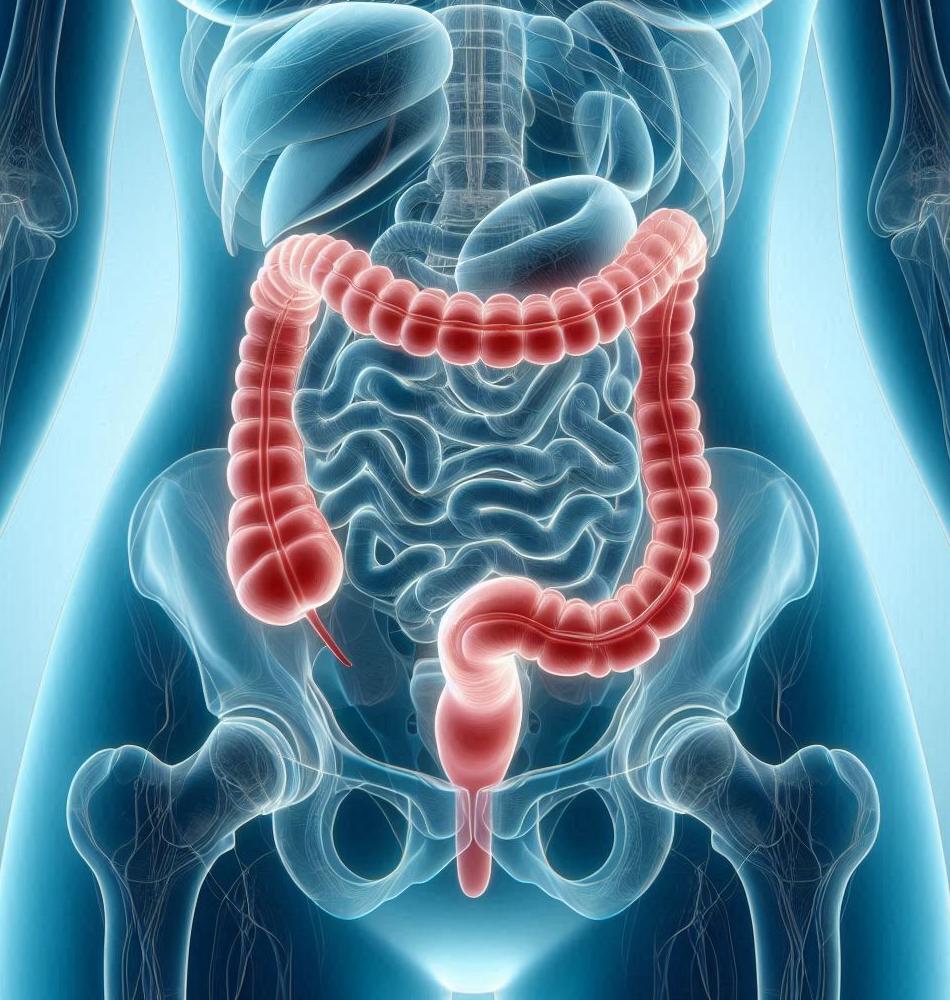Understanding Appendicitis: What Causes Your Appendix to Become Inflamed? 🔍
Appendicitis, a term that can send shivers down anyone's spine, is an inflammation of the appendix, a small pouch located at the junction of the small intestine and large intestine. It can strike unexpectedly, often leading to severe pain and discomfort. Understanding how and why your appendix becomes inflamed is crucial for quick diagnosis and effective treatment. In this article, we will dissect the causes, symptoms, and treatments of appendicitis, ensuring you leave with a complete understanding of this common yet perplexing condition.
What is the Appendix? 🩺
The appendix, often perceived as a non-essential organ, plays a role in the immune system and gut flora management. It is a narrow, tube-like structure measuring about four inches in length. Positioned in the lower right abdomen, it has long puzzled scientists and medical professionals alike regarding its true function. While its primary role is still contested, one thing is clear: when the appendix misfires, it can lead to some serious trouble.
What Causes Your Appendix to Become Inflamed? ⚠️
The inflammation of the appendix, known as appendicitis, can occur due to several reasons. While the exact cause can often remain elusive, here are some common factors that are believed to contribute to appendicitis:
Obstruction of the Appendix Lumen 🗝️
One of the leading causes of appendicitis is an obstruction in the appendix's lumen. Various factors can lead to this blockage, including:
- Fecal matter hardening and forming a fecalith - Lymphoid hyperplasia, which is the swelling of the lymph tissue - Tumors that obstruct the passage - Parasitic infectionsWhen the lumen is obstructed, pressure builds up inside the appendix, leading to inflammation and potential infection.
Infection and Bacterial Growth 🦠
When the appendix becomes obstructed, it is more susceptible to infection. Bacteria, possibly from the intestines, can multiply within the appendix, leading to inflammation. The presence of bacteria can create pus, further exacerbating the problem.
Genetic and Environmental Factors 🧬
Research suggests that certain genetic predispositions may increase appendicitis risk. Additionally, environmental factors such as diet and exposure to infections can play a role. Some studies indicate that a diet low in fiber could contribute to a higher incidence of appendicitis.
What Are the Symptoms of Appendicitis? 🚨
Recognizing the symptoms of appendicitis is crucial for early diagnosis and treatment. Common symptoms may include:
- Abdominal pain, which often begins near the belly button and moves to the lower right side- Nausea and vomiting - Loss of appetite - Fever - Constipation or diarrheaThese symptoms can vary between individuals, making prompt medical attention essential if appendicitis is suspected.
When Should You Seek Medical Attention? 📞
If you experience any of the following symptoms, it is crucial to seek immediate medical attention:
- Severe abdominal pain that worsens - Persistent vomiting - Difficulty passing gas - Fever over 100.4°FTimely diagnosis can be the difference between a simple outpatient procedure and a medical emergency.
How is Appendicitis Diagnosed? 🔬
Diagnosing appendicitis involves a combination of detailed history taking, physical examination, and diagnostic tests. Some common diagnostic methods include:
- Physical examination to check for tenderness in the abdomen - Blood tests to identify signs of infection - Imaging tests, including ultrasound or CT scans to visualize the appendixThese diagnostic tools help medical professionals make informed decisions regarding treatment.
Treatment Options for Appendicitis 🏥
The treatment for appendicitis primarily revolves around surgical intervention, but options may vary based on the severity of the condition. Here are the typical treatment methods:
Appendectomy: The Surgical Solution ✂️
An appendectomy, the surgical removal of the appendix, is the most common treatment for appendicitis. This procedure can be performed in two ways:
- Open appendectomy involves a larger incision in the abdomen - Laparoscopic appendectomy utilizes smaller incisions with the aid of a cameraBoth surgical methods have their pros and cons, and your healthcare provider will determine the most suitable approach based on individual cases.
Antibiotic Therapy 💊
In some instances, particularly mild cases of appendicitis, antibiotic therapy alone may be sufficient. Studies have shown that antibiotics can sometimes help manage the infection, eliminating the need for surgical intervention. However, this approach may not be suitable for all patients, and close monitoring is essential.
Frequently Asked Questions About Appendicitis ❓
- What is the primary cause of appendicitis?- Are there any dietary changes to prevent appendicitis?- Can appendicitis occur at any age?- Is appendicitis hereditary?- How long is the recovery period after an appendectomy?Conclusion: Understanding the Complexities of Appendicitis 🌟
The inflammation of the appendix is a condition that requires swift attention and intervention. Gaining an understanding of the causes, symptoms, and treatment options can empower individuals when faced with this urgent medical issue. While appendicitis may seem intimidating, knowing the signs and what to do can lead to effective treatment and a speedy recovery. Remember always to seek medical advice when experiencing symptoms associated with appendicitis. By understanding appendicitis better, you can take control of your health and well-being.






